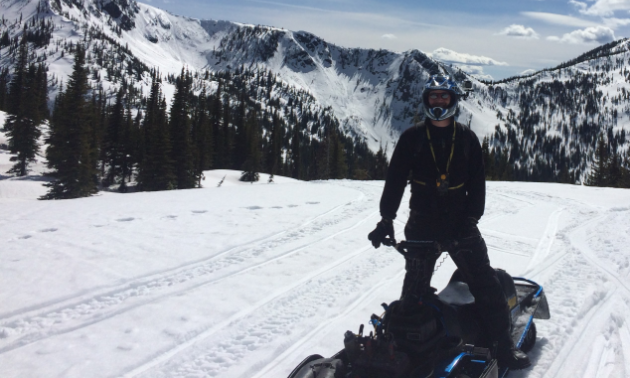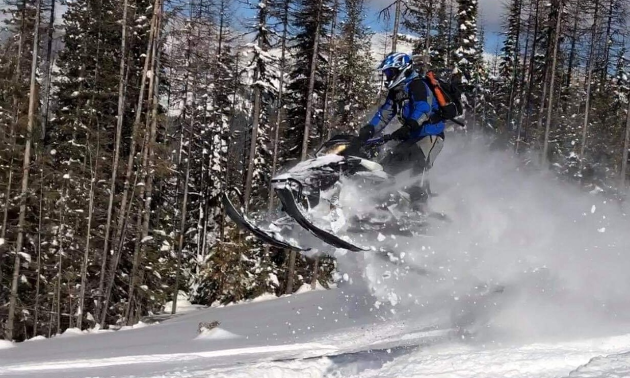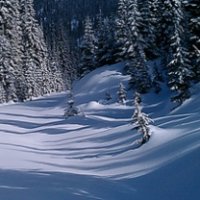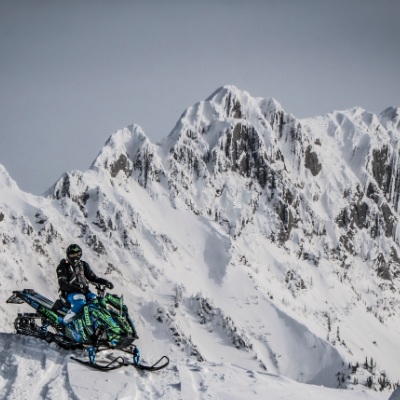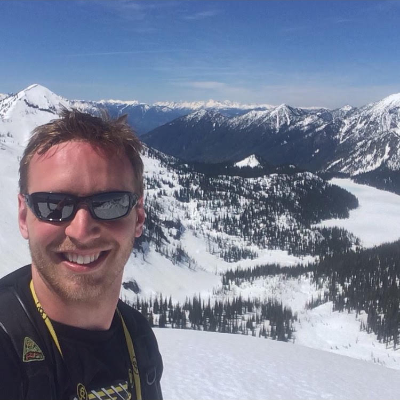Caribou conservation continues to be a sensitive issue in the snowmobiling community. The subject of how to deal with caribou has been contentious at times between snowmobilers and Environmental Non-Governmental Organizations (ENGOs). Navigating what to do can be tricky. Fortunately, some clubs have had success in resolving the issues.
The Kokanee Country Snowmobile Club (KCSC) in Creston, B.C., was recently able to secure a new land access permit through FrontCounter BC because the local caribou have been relocated to Revelstoke, B.C. Lands that were previously closed to snowmobile access in the South Selkirk and South Purcell Mountain areas that border the Creston Valley due to the Caribou Recovery Implementation Plan have now been opened to snowmobilers thanks to the newly acquired permit.
“This is a huge step forward for snowmobilers in our area,” said Josh Salzmann, president of KCSC. “For about 20 years, we have been limited in our historical riding area due to caribou closures, and this permit gives us access to all of those areas. I know that it is going to increase ridership and club membership, but the chance to re-explore areas that we haven’t gone for years is the most exciting part!”
How it happened
So, how did this all come about? For starters, accurate information about what the problem actually was had to be made clear to everyone involved.
“We are thankful for science-based conservation and for the ability to dispel the widespread myth that snowmobiles leave tracks that ultimately kill animals,” said Trish Drinkle, former president of the KCSC and the Association of British Columbia Snowmobile Clubs (ABCSnow) before the merger that united ABCSnow and the BCSF. “When you cross-reference mortality of the Southern Mountain caribou, you’ll see spring, late summer and fall are prime mortality times. Spring calving season sees snow that is concrete hard. Wolves and other predators do not need our tracks to access calves. We are hopeful that true science-based conservation will take us forward and we as a club will do whatever it takes to be a part of the solution.”
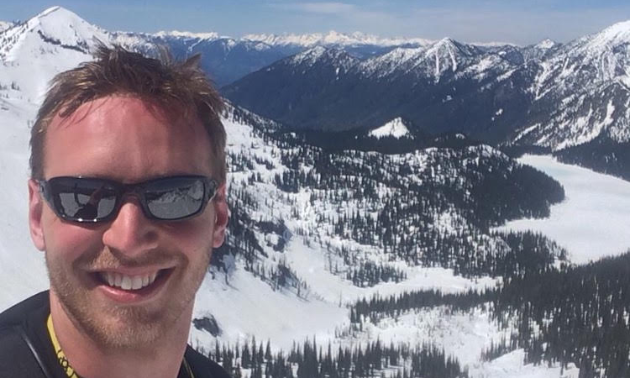
As for the caribou themselves, they were translocated after being netted and sedated under veterinary care, then transported to Revelstoke where they are being cared for until a captive breeding facility has been constructed.
“This is a huge win, as our club has been asking for this for years,” said Salzmann. “It made no sense to sit by and do nothing while the intense predation in our area saw dismal calf survival. It is the same story for deer, moose and elk in our area as well. Heavy predation is taking its toll.”
It takes a village (to get a permit)
Translocating the caribou and securing the new land access permit took a long time and a lot of co-operation from a myriad of individuals and organizations, including the Caribou Recovery Implementation group, the Provincial Mountain Caribou Recovery Science Team, BCSF and MLAs Tom Shypitka, Donna Barnett, Mike Bernier and Doug Clovechok, who are strong advocates for science-based conservation.
“Without science-based conservation, we’ve continually been thrown under the bus as the ‘low-hanging fruit,’ ” said Drinkle. “With the BCSF and ABCS now unified, our voice has been strong and heard. The merger had a huge impact on the position we find ourselves in today. With a unified Federation for the government to communicate with, we are more productive.
“If not for the efforts of every single rider in our area complying with the closure restrictions, we would not be in the position we are today.
“We are thankful for the reopening of lands, but also hope that we, as a community and province, can help bring forth balanced carrying capacity of both predator and prey species in our area.”
